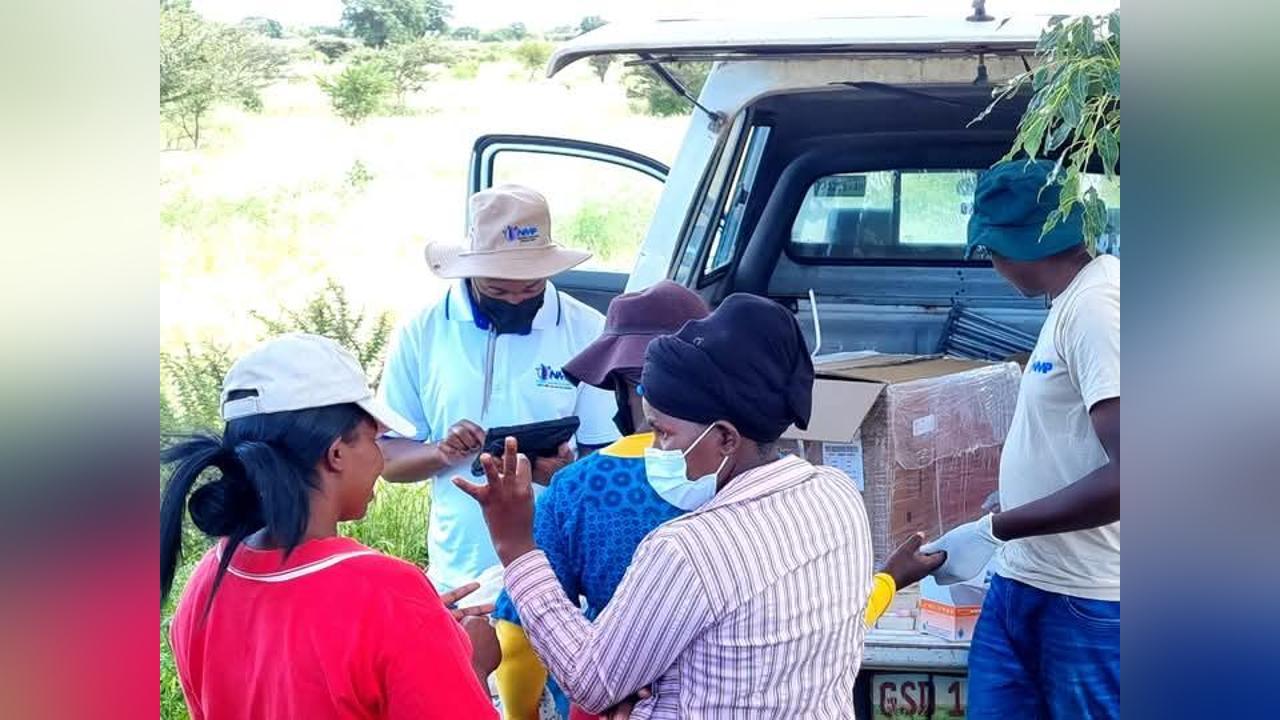Africa-Press – Eswatini. Eswatini has recorded at least 11 malaria-related deaths since the beginning of 2024, marking a worrying rise in fatalities for a country once considered to be on the brink of eliminating the disease.
Health officials, regional bodies and development partners have expressed concern over what they are calling ‘a reversal in gains’ citing cross-border infections, climate change and late treatment-seeking behaviour as major contributing factors.
According to data published in the World Health Organization’s (WHO) malaria surveillance annexe for 2024, Eswatini reported seven deaths in 2023 and four additional deaths in the first quarter of 2024.
The Ministry of Health has confirmed these figures and said the country is currently working to respond to a higher-than-expected number of cases in regions bordering Mozambique.
Speaking during a malaria awareness campaign in Siteki in March, a senior health official from the National Malaria Programme said: “We are seeing an increase in imported malaria cases, and unfortunately, some of these are only reported at very advanced stages of illness. That delay in treatment is costing lives.”
He explained that most of the recent deaths occurred in rural areas, where people either tried to self-medicate or waited too long to seek help.
“We urge communities to treat every fever as a possible malaria case, especially during the transmission season,” he added.
The Ministry of Health said it had ramped up vector control interventions, including indoor residual spraying (IRS) in hotspot areas, larviciding in stagnant water zones, and the distribution of insecticide-treated bed nets. It also launched targeted community education drives to encourage early testing and prompt use of malaria medication.
In a phone interview, a nurse working at Good Shepherd Hospital in Siteki said they had been admitting more malaria patients than usual since January.
“Some of the patients arrive unconscious, and it’s heartbreaking. Many come from remote areas and don’t even know they have malaria until it’s too late,” said the nurse.
The World Health Organization regional office also weighed in on the matter. In a statement, the WHO’s Southern Africa malaria coordinator Dr Pedro Alonso said:
“Eswatini has done exceptionally well over the past decade, and these numbers are still relatively low compared to historical figures. But in elimination settings, even one death is one too many.”
Eswatini reports rise in Malaria deaths – People getting screened for Malaria
He added that climate variability, especially extended rainy seasons, increased mosquito breeding season.
“The threat of resurgence is real, especially when surveillance systems become relaxed or underfunded,” he said The Ministry of Health acknowledged the challenges and reiterated its commitment to regional coordination through the MOSASWA (Mozambique, South Africa and Eswatini) malaria elimination alliance.
The partnership allows for joint planning, information sharing and the cross-border treatment of migrant and mobile populations.
“We cannot eliminate malaria alone. Our borders are porous, and we need to align our strategies with those of our neighbours. A mosquito doesn’t care about passport stamps,” said Dr. Thandeka Gama, Director of Disease Control in the Ministry.
However, some community members and leaders say more needs to be done to reach rural populations.
A local chief in Maphiveni, said many villagers still rely on traditional remedies and lack transport to get to clinics.
“We lost a young man in February because he thought he just had the flu, by the time he went to the clinic, it was too late,” said the chief in an Eswatini Broadcasting Services (EBIS) interview.
The Ministry admitted that under-reporting and late referrals continue to hinder the accuracy of malaria data. In response, it said more health workers would be deployed to surveillance posts in high-transmission zones during peak seasons.
Eswatini had previously brought down malaria cases to under 1,000 annually and was one of eight Southern African countries identified as being on track for elimination.
The current rise in deaths has prompted calls for renewed investment in prevention and better access to diagnostics.
“People mustn’t relax just because cases dropped in previous years,” said a field worker with Médecins Sans Frontières.
The Ministry of Health concluded its statement by urging the public to allow spraying teams into their homes, sleep under bed nets, and report fevers or body chills to health facilities immediately.
“Every second counts, we are still in this fight,” Dr. Gama said.
Worth mentioning is that in 2021, Eswatini reported 581 malaria cases, resulting in 5 deaths.
The country has implemented measures like the ‘Zero Malaria Starts with Me’ campaign and finalized an insecticide resistance monitoring and management plan.
Eswatini is actively working to eliminate malaria, with a focus on interrupting transmission and strengthening surveillance.
For More News And Analysis About Eswatini Follow Africa-Press







